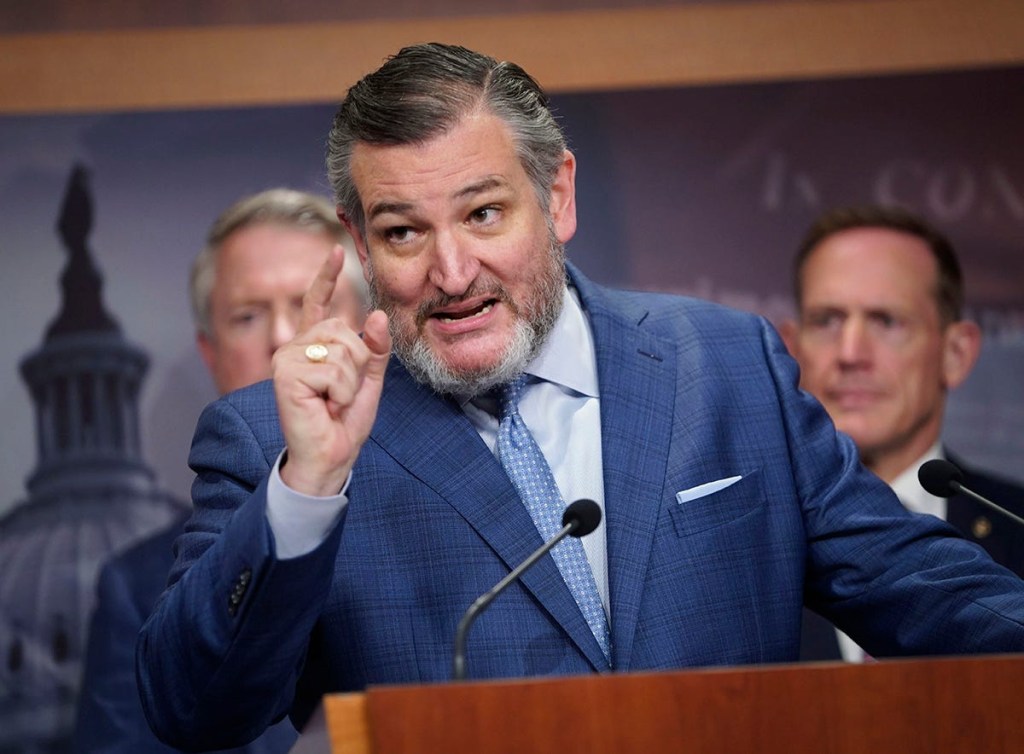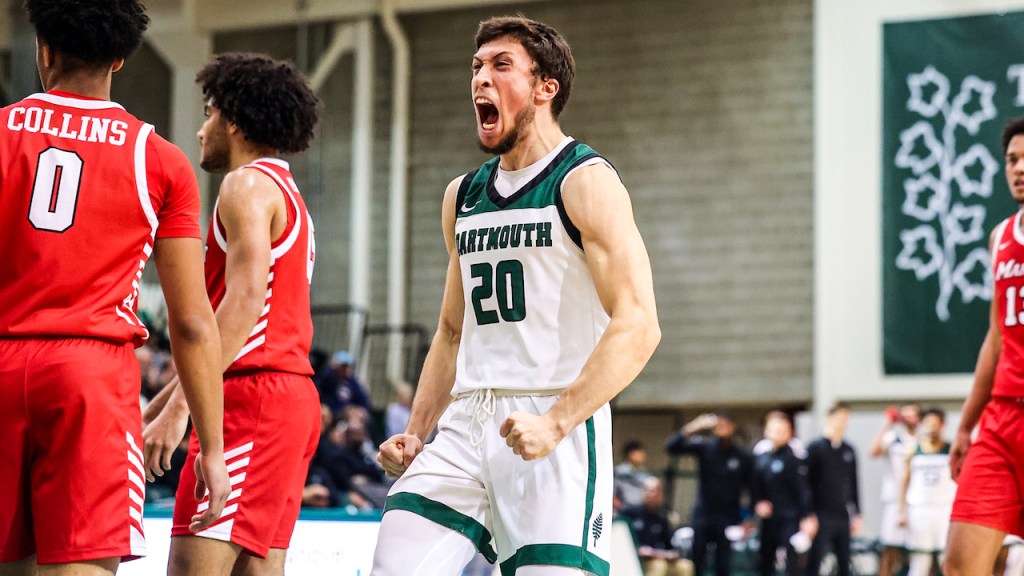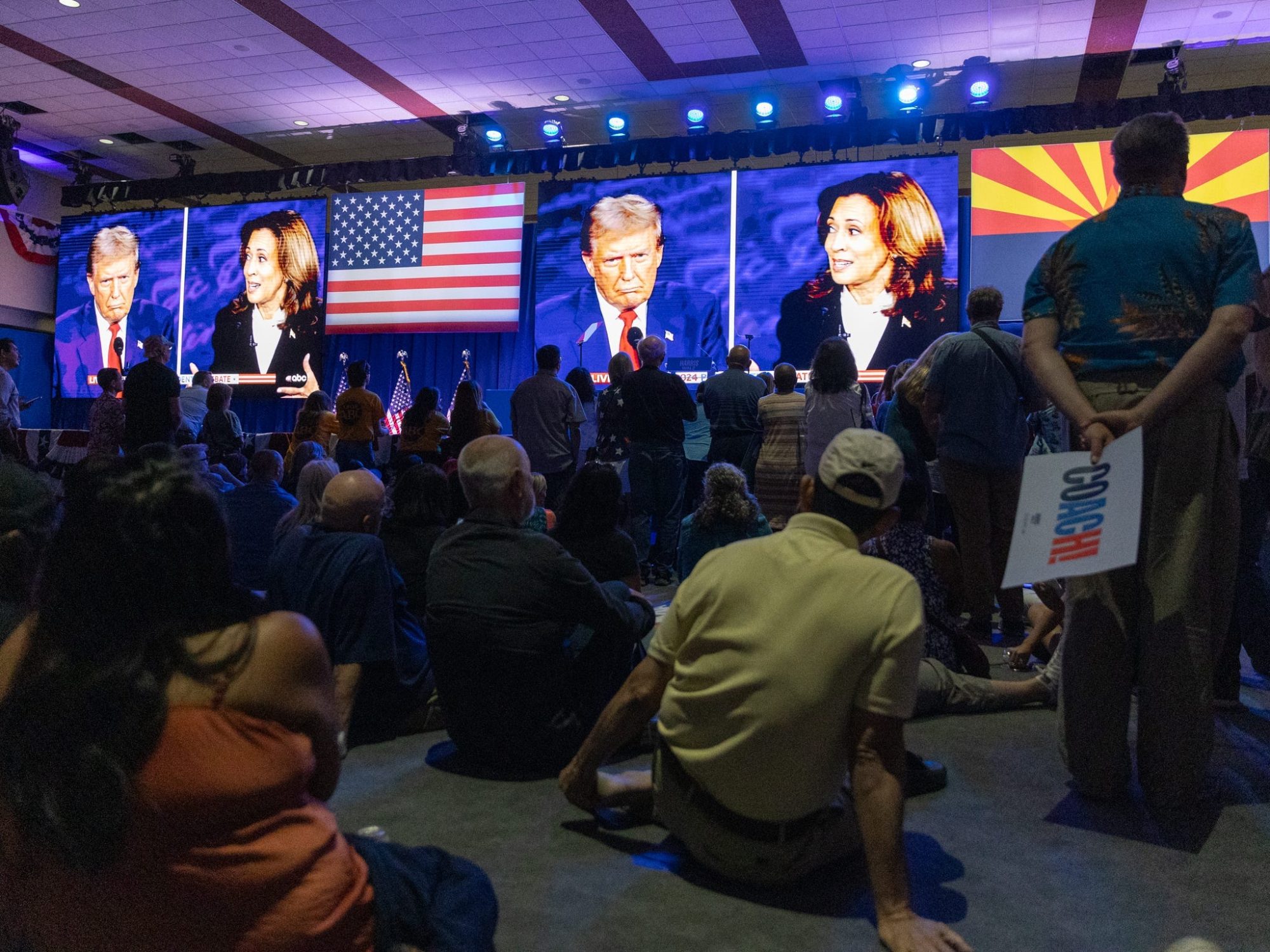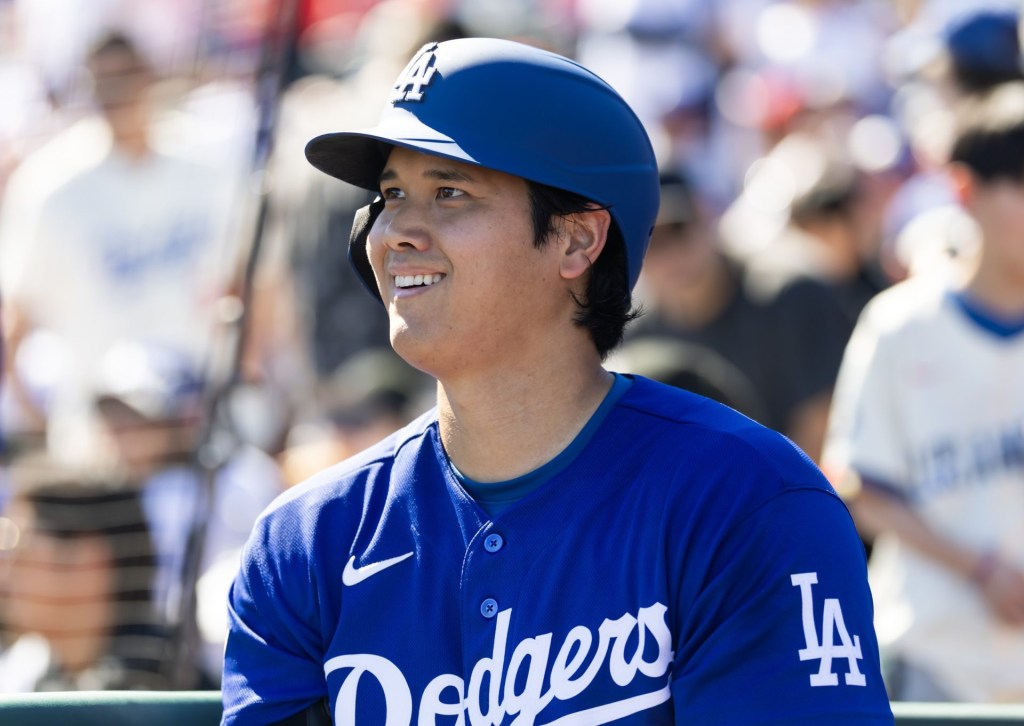The NCAA has spent the last decade on a major losing streak in court that has chipped away at the business model of amateurism. It started with athlete NIL (name, image, and likeness) rights, but it could end with a full-on employment model.
So the NCAA has more recently turned its attention to Congress, investing millions in convincing lawmakers to halt, and in some cases reverse, the onslaught. The NCAA’s wish list includes preventing athletes from becoming employees, and getting legal protection to enforce their own compensation rules.
So far, the efforts have been unsuccessful. But the 2024 election, now just two weeks away, could change that.
Front Office Sports spoke with a half dozen Democratic and Republican congressional aides and industry experts who laid out how the election results could determine the future.
“If Congress doesn’t get in the way, athletes are going to continue to notch wins in court and at the National Labor Relations Board,” a Democratic congressional aide tells FOS. “Time is on the athletes’ side.” But the NCAA could finally get its way if Republicans take control of the Senate. Its odds improve if Donald Trump beats Kamala Harris.
A Republican-led Senate could produce an NCAA-friendly bill—though the NCAA would probably need bipartisan support for it to pass, congressional aides on both sides of the aisle agree.
Since the NCAA and power conferences began their sophisticated federal lobbying campaign in 2020, legislators have introduced several bills on athlete compensation and held a dozen hearings on the issue. But only one bill has advanced through the markup stage: a brief piece of legislation classifying college athletes as amateurs. But the House has not voted on the bill, and Rep. Bob Good (R., Va.), who introduced it, lost his primary this summer.
But there are other lawmakers—both Republican and Democratic—who will carry on with the issue. And if Republicans take control of the Senate in 2025, they’ll also take control of the Senate Commerce Committee, which has jurisdiction over athlete compensation issues. Sen. Ted Cruz (R., Texas), provided he wins reelection, would likely become the chair. Cruz has introduced a discussion draft of his own legislation and led bipartisan negotiations. Sens. Richard Blumenthal (D., Conn.) and Cory Booker (D., N.J.), who have introduced bipartisan legislation themselves, represented Democrats. (Cruz’s draft was described by the Democratic aide as “not particularly athlete-friendly at all.”)

“I spent a lot of time trying to bring Democrats and Republicans together this year on this issue. They were not willing to move this year,” Cruz said during an event at Texas A&M recently. “I’m very hopeful next year, with the gavel, that’ll change.” The NCAA as well as Republican lawmakers are both gearing up to continue the negotiations Cruz started this summer.
In his comments, Cruz laid out basic principles he thinks a bill should include: The NCAA should be “empowered” to set rules for itself, and athletes should be barred from employee status—a provision that will likely become the main sticking point.
The issue has “devolved into a partisan fight,” the Democratic aide tells FOS. The strength of unions is a major ideological issue in the 2024 election, with Democrats wanting to appear as pro-labor as possible, and Republicans wanting to quell collective bargaining activity. Some Democrats also view the issue as an extension of the growing pro-labor movement on college campuses, from student dining hall employees to graduate student workers. For this reason, Booker, Blumenthal, and Sen. Jerry Moran (R., Kans.) left the employment question out of their bill completely.
But the two Republican aides, as well as NCAA SVP of external affairs Tim Buckley, believe there’s been significant progress in convincing Democrats to pass a law barring athlete employment status. Buckley points to comments Sen. Blumenthal made this summer essentially conceding athletes don’t have to be employees to have rights and protections. The Republican aides also believe Democrats might be more willing to sign onto a bill of this nature if players get additional perks, like assurances over health care and revenue-sharing. One lobbyist, however, tells FOS: Democrats are “not going to vote on anything that forbids people from going into a union.”
The NCAA’s lobbying efforts could face more opposition in the next Congress as well. Major men’s and women’s professional sports unions, as well as the broader AFL-CIO, have come out in favor of college athlete collective bargaining rights. They already have lobbying infrastructure that they could deploy for the college sports issue. And other groups, from college athlete advocates to an organization of collectives have ramped up lobbying efforts of their own.
Either way, “bipartisan legislation will still be necessary,” Buckley says.
Sources were unsure how a Kamala Harris administration or a second Donald Trump administration would affect college athlete compensation and unionization. The Biden administration has expressed interest in exploring collective bargaining for athletes, but hasn’t taken concrete action. Trump did not address this issue during his previous election or presidential term (he was more focused on taking credit for the return of Big Ten football). The working assumption: Neither would be interested in “wasting” a veto of a college sports bill that arrives at their desk, especially if it has bipartisan support, the lobbyist said.
The next president could, however, indirectly determine the fate of two labor cases over athlete employment.
Dartmouth men’s basketball players were granted the right to unionize by the National Labor Relations Board earlier this year—a decision the school has requested to appeal. The NLRB is also considering whether USC football and basketball players should be reclassified as employees after a months-long hearing this past winter.

The president can appoint one new member to the five-person NLRB national board per year (with confirmation through the Senate), as well as an NLRB general counsel. The board hears appeals of local office rulings, while the NLRB’s general counsel decides which cases to pursue and adjudicates them on behalf of employees.
The current NLRB is amenable to the idea that athletes are employees. Sitting General Counsel Jennifer Abruzzo has come out in favor of athletes, and the current NLRB board includes three Biden appointees, one Trump appointee, and one vacancy.
By the time that makeup changes, it could be too late for the NCAA. Democratic Chairman Lauren McFerran is up for re-confirmation, and Republican Josh Ditelberg is up for first-time confirmation to fill the fifth vacant spot. If the Senate approves both, the board would remain majority-Democrat until at least 2026, even if Trump wins reelection. That bodes well for the pro-employment camp.
Trump would, however, fire Abruzzo and replace her with a more employer-friendly general counsel—someone who probably wouldn’t take a pro-employment position in future athlete cases. But USC and Dartmouth would likely continue either way.
The only way to ensure the NLRB’s cases are halted, of course, is for Congress to pass a law. A lame-duck Congress could attempt to fast-track a college sports bill, but it’s unlikely major movement will happen in Congress before inauguration day.
Buckley feels the pro-NCAA momentum is mounting in Congress, however: “The further we get into 2024 and into 2025, our position and the position of the college sports world … we believe gets stronger on Capitol Hill.”







![[Subscription Customers Only] Jun 15, 2025; Seattle, Washington, USA; Botafogo owner John Textor inside the stadium before the match during a group stage match of the 2025 FIFA Club World Cup at Lumen Field.](https://frontofficesports.com/wp-content/uploads/2026/02/USATSI_26465842_168416386_lowres-scaled.jpg?quality=100&w=1024)
![[Subscription Customers Only] Jul 13, 2025; East Rutherford, New Jersey, USA; Chelsea FC midfielder Cole Palmer (10) celebrates winning the final of the 2025 FIFA Club World Cup at MetLife Stadium](https://frontofficesports.com/wp-content/uploads/2026/02/USATSI_26636703-scaled-e1770932227605.jpg?quality=100&w=1024)








